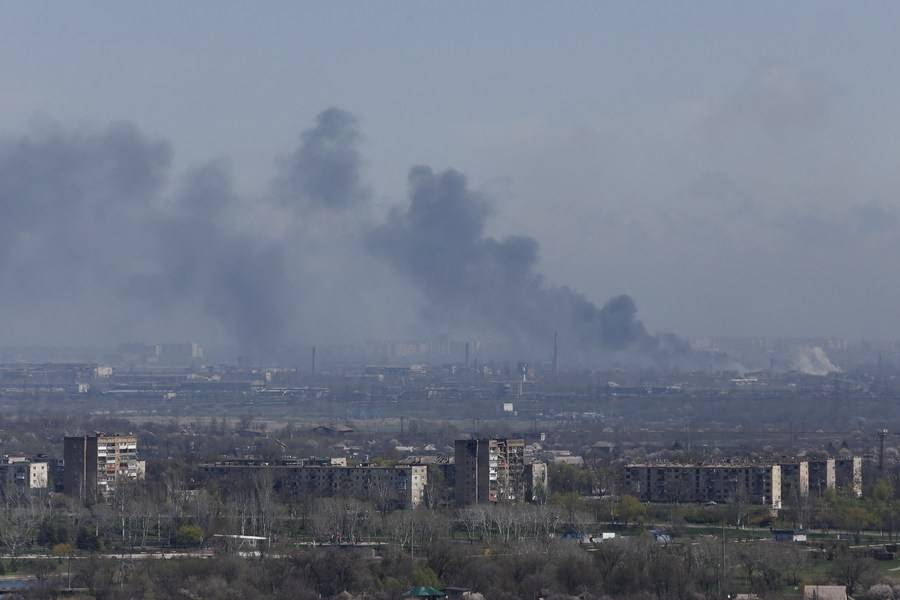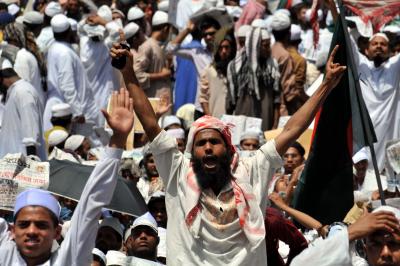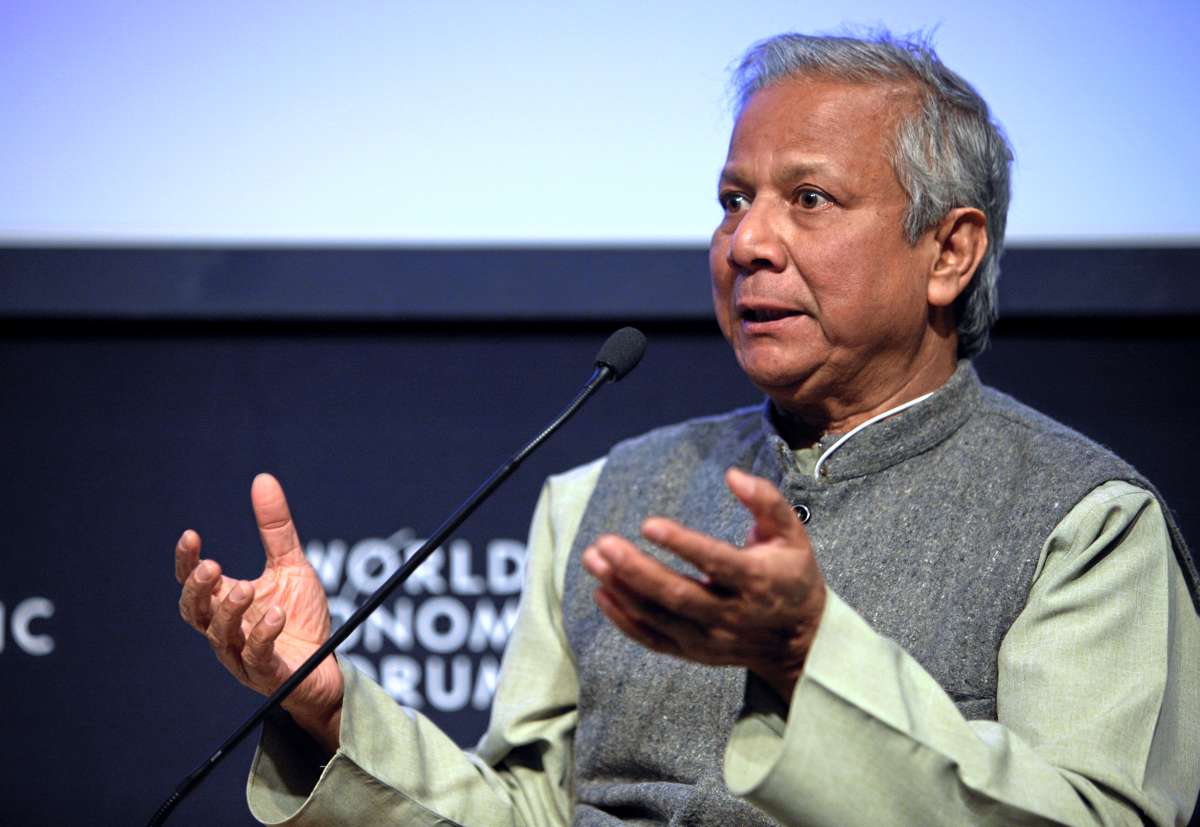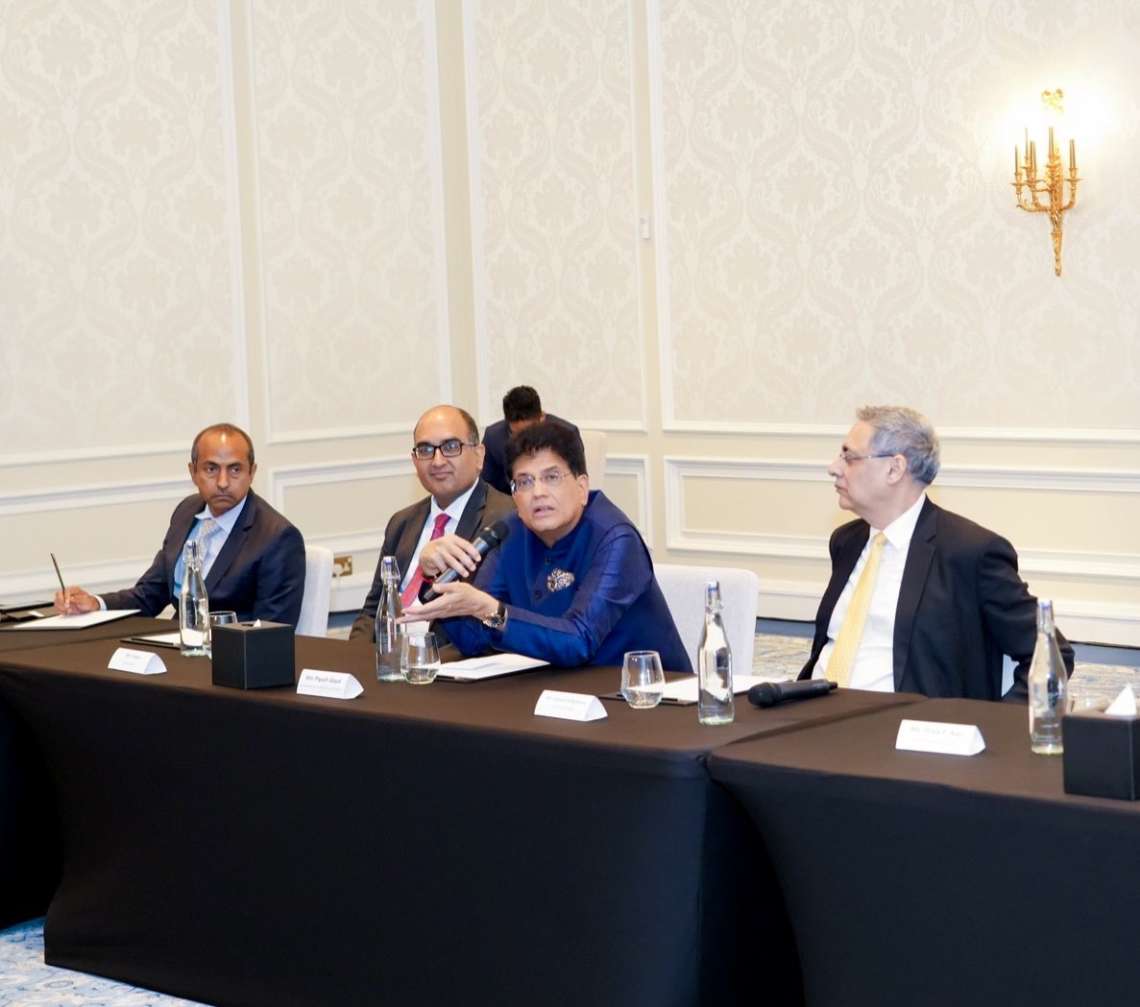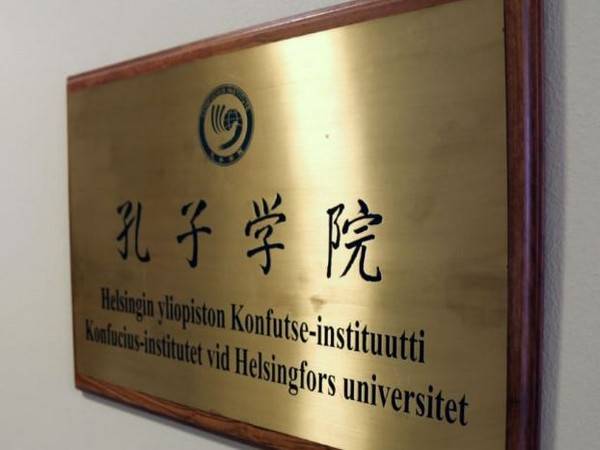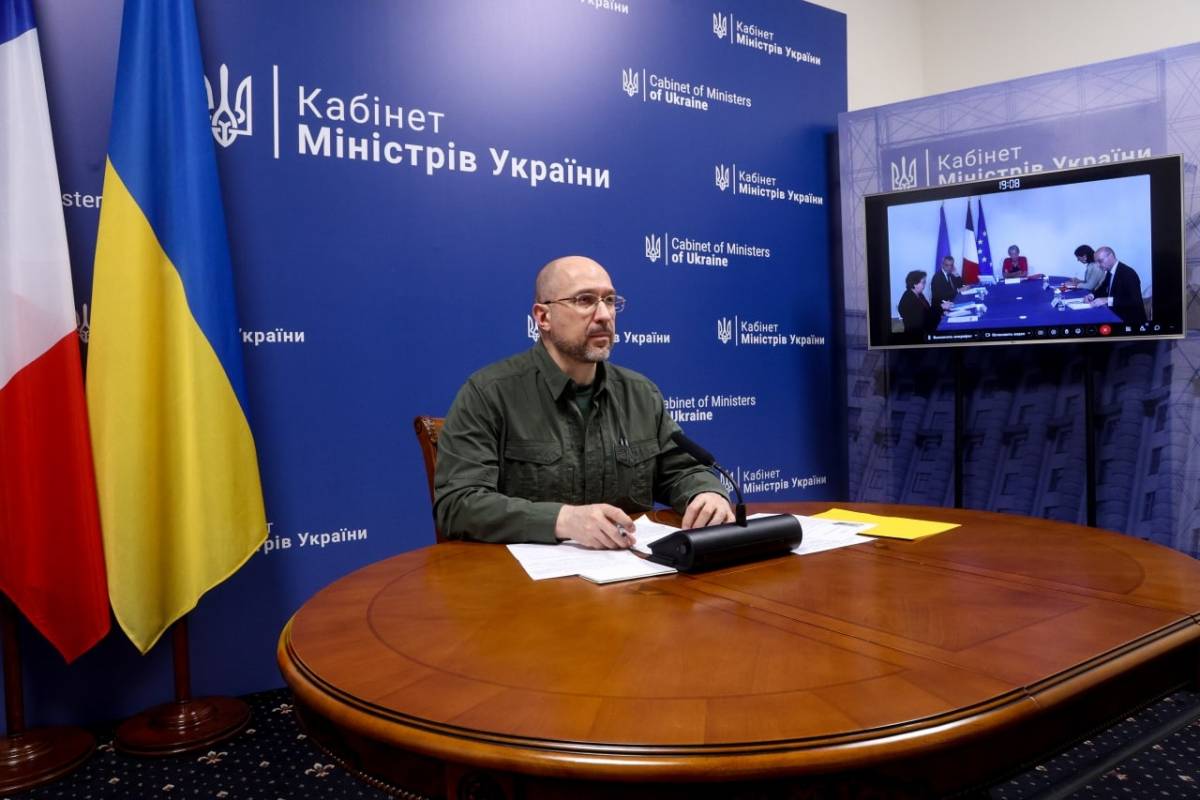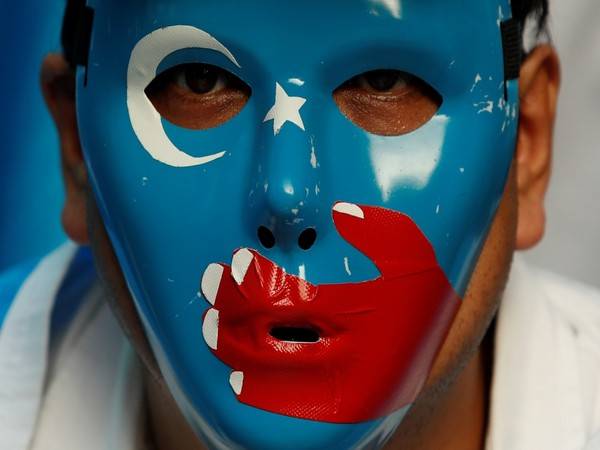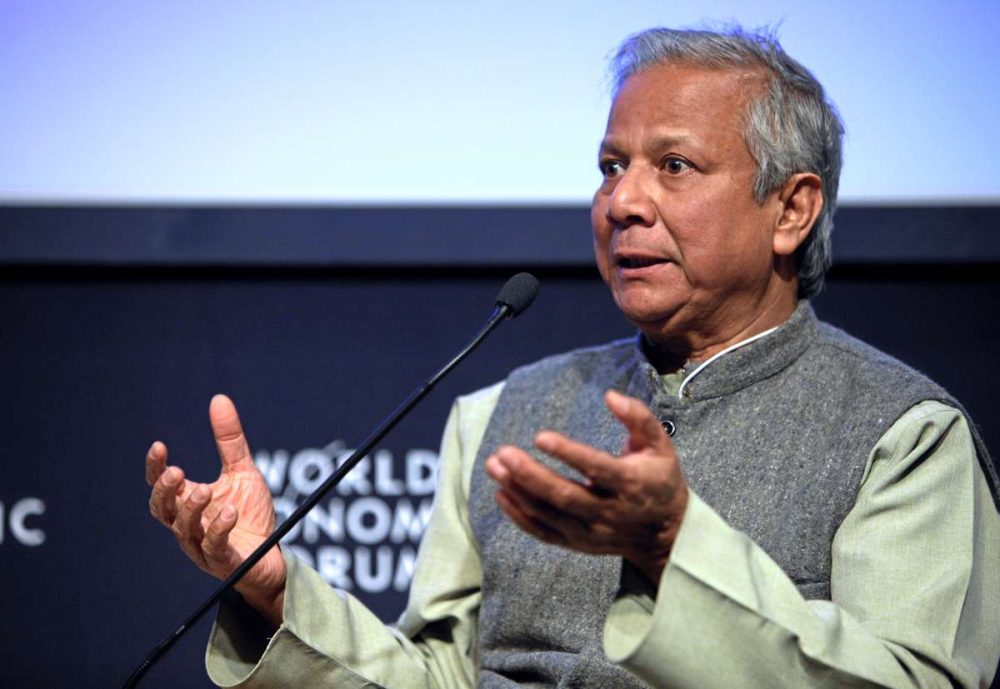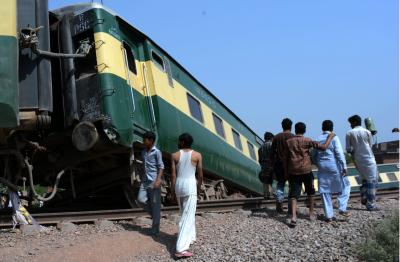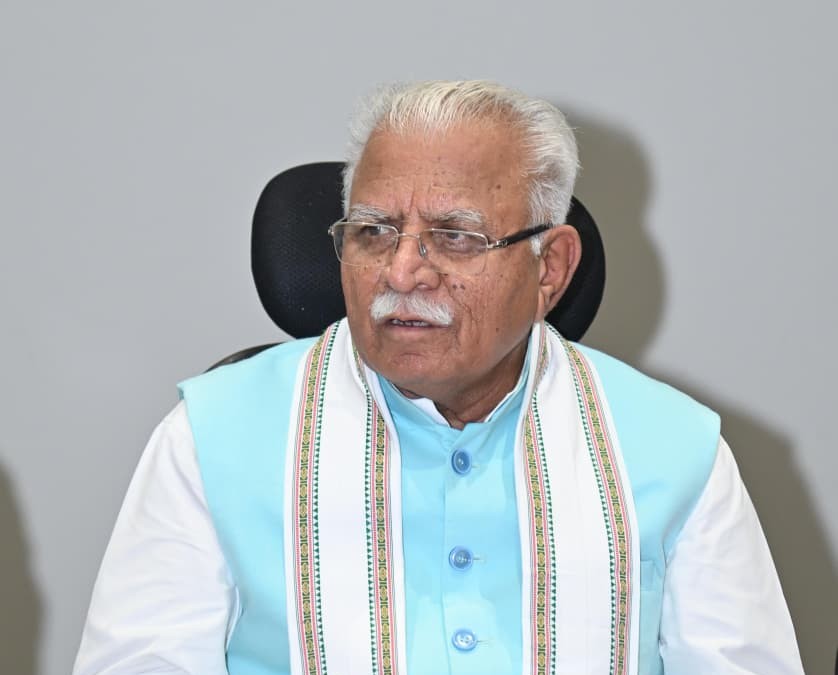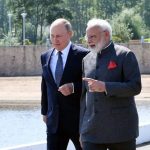Monday’s missile attack on the Kremenchuk shopping centre left at least 18 people dead and 21 missing while wounding scores…reports Arul Louis
In the aftermath of Russia’s missile attack on a crowded Ukrainian shopping mall, India has called the deaths of civilians “deeply disturbing”.
India’s Deputy Permanent Representative R.Ravindra said on Tuesday: “Reports of deaths of civilians in the ongoing Russia-Ukraine conflict are deeply disturbing and in this regards we express our grave concern. In recent years, critical civilian infrastructure in urban areas have become easy targets in situations of armed conflict”.
“The issue of the protection of civilian objects in armed conflicts should be considered within the framework of applicable international laws,” he said, during a briefing on the Ukraine situation while not naming Russia as the perpetrator of the attack.
Monday’s missile attack on the Kremenchuk shopping centre left at least 18 people dead and 21 missing while wounding scores.
India has been holding a delicate position on the Russian invasion of Ukraine criticising Moscow in diplomat speak without naming it, while facing criticism from some in the West that it was not sufficiently ranged against Russia.
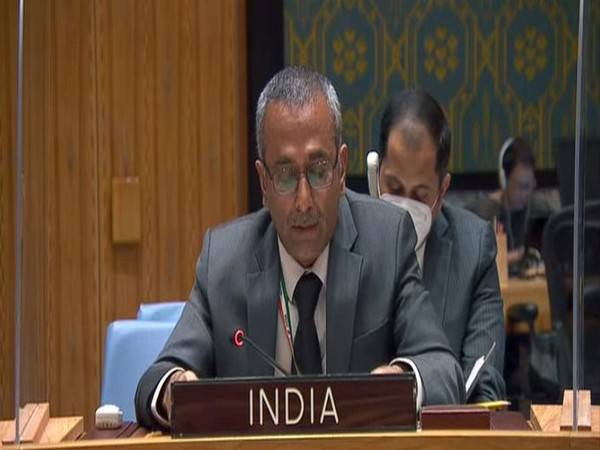
But Ravindra noted that in April “India had (also) unequivocally condemned the killing of civilians in Bucha and supported the call for an independent investigation”.
After Russia withdrew from Bucha in March, bodies of several hundred people were discovered in mass graves and reports of attacks on civilians emerged.
“India has also been sending humanitarian supplies to Ukraine and its neighbours, which include medicines and other essential relief material”, Ravindra added.
In a stinging attack on Russia, while briefing the Council, Under-Secretary-General Rosemary DiCarlo said: “The depravity of the war was again on full display yesterday following the missile strike in Kremenchuk”.
“This incident, which should be investigated, was the latest in a new wave of airstrikes and missile attacks in Kyiv, Chernihiv, Odesa, Mykolaiv, Kharkiv and other cities far from the frontlines, with many civilians killed or injured”, she said.
Ukraine’s President Volodymyr Zelensky, who spoke through a video link, called for declaring Russia a “terror state” and punishing it.
He said that if any other country had committed the atrocities that Russia had, it would be considered a terrorist state, but Moscow was enjoying the privileges of being a permanent member of the Council.
Since Russia was denying that it had attacked the civilian target, Zelensky said a special representative of Secretary-General Antonio Guterres or a commission should investigate it.
Russia’s Deputy Permanent Representative Dmitry Polyansky denied that his country’s missiles had hit the shopping centre and had targeted “a high precision strike against warehouses with American and European arms and ammunition”.
Nicolas de Riviere, the permanent representative of France, said that Russia targetted children, humanitarian workers and journalists, while targeting civilian infrastructure and warned that “war criminals” will face justice.
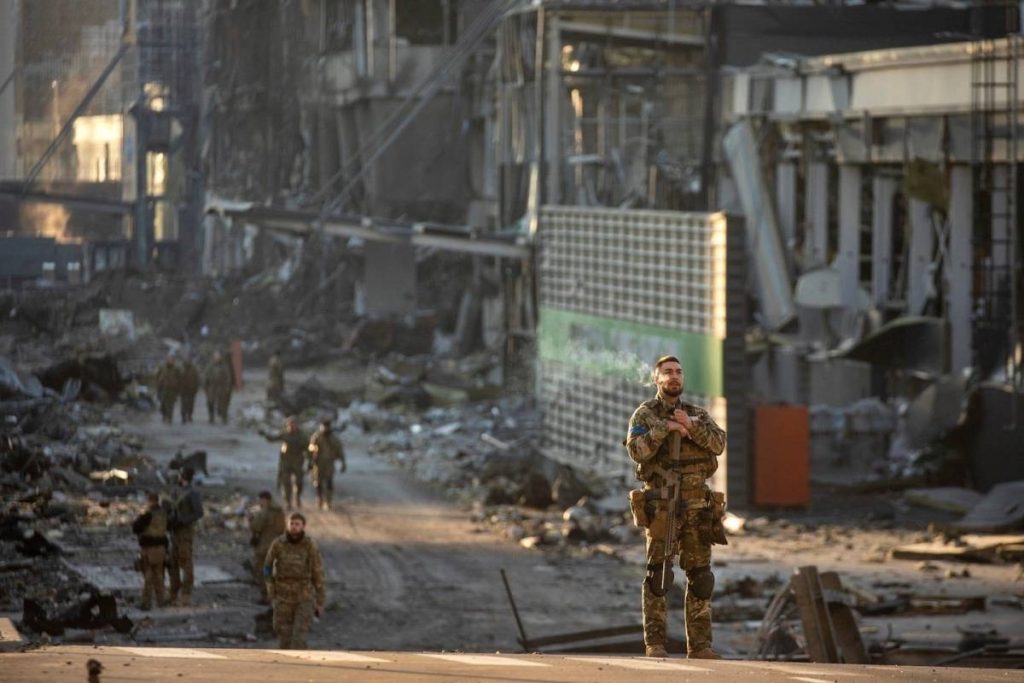
He said that Moscow was using food as a weapon and its actions could push one-fifth of humanity into hunger and poverty.
DiCarlo said: “Price shocks in the global food, energy and fertiliser markets are escalating in a world already grappling with the COVID-19 pandemic and climate change”.
Ravindra said: “India is committed to working constructively in mitigating the adverse impact of the conflict on food security”.
New Delhi has given financial assistance as well as foodgrains to countries affected by the conflict, he said.
In the last two months, it had sent 1.8 million tonnes of wheat to several countries including Afghanistan, Myanmar, Sudan and Yemen and was helping Sri Lanka, he added.
Ravindra said that developing countries were hardest hit by the food, energy and fertiliser crises.
Stressing “equity, affordability and accessibility when it comes to food grains”, he said, “Open markets must not become an argument to perpetuate inequity and promote discrimination”.
India was increasing the production of fertilisers, he said.


